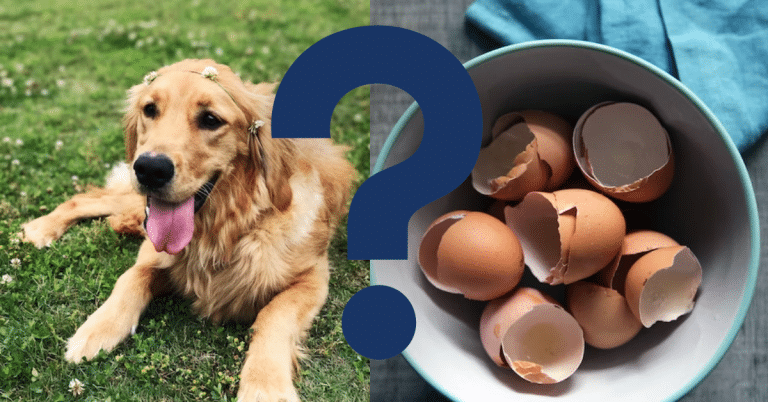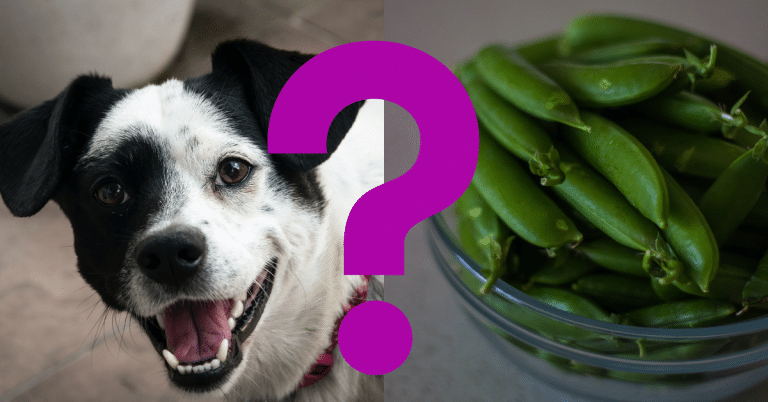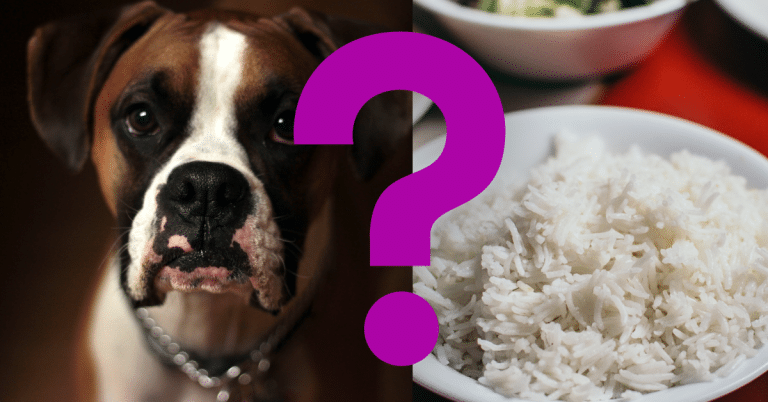Can Dogs Eat Quinoas? A Vet’s Opinion
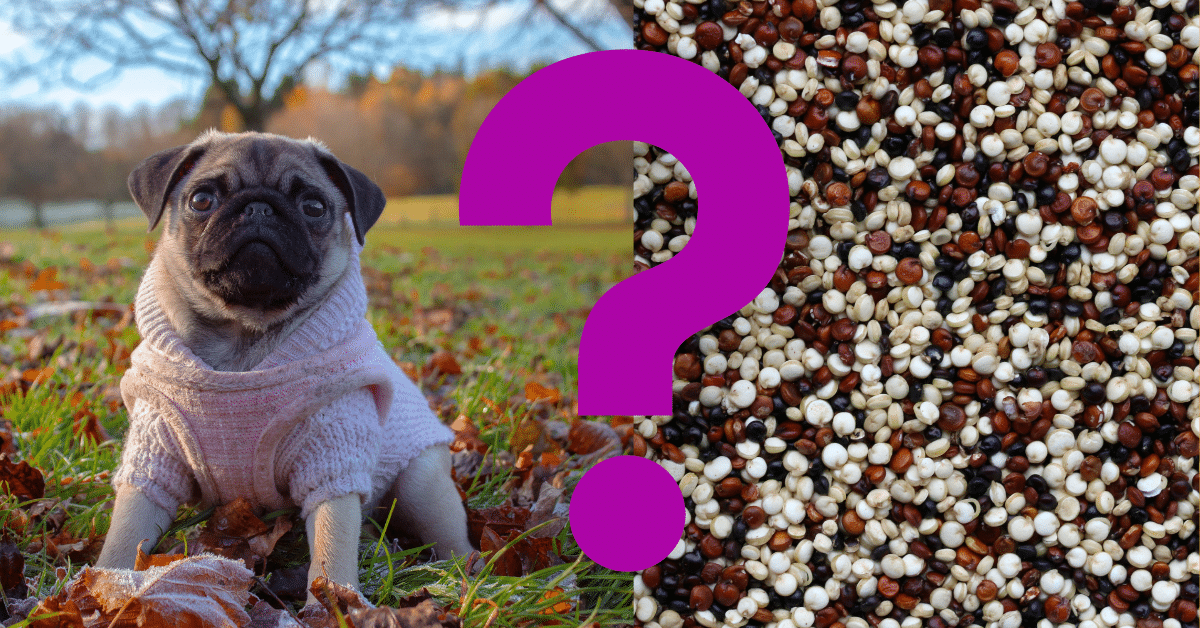
Quinoas are high-fibre grain, but can you feed Quinoas to your dog?
Yes, dogs can consume quinoa in moderation if cooked and eaten pure, without extra spices, flavours, or other possibly dangerous substances. Quinoa is a high-protein grain also strong in other critical elements, making it an excellent energy source for dogs.
Benefits Of Quinoas For Dogs
Quinoa can provide various benefits for dogs when fed in moderation as part of a balanced and suitable diet. Quinoa may have the following benefits for dogs:
Quinoa is a complete protein source, including all nine essential amino acids dogs require to thrive. It is also high in fibre, iron, magnesium, phosphorus, and other critical vitamins and minerals, which can help dogs maintain a healthy diet.
Quinoa’s fibre content can help healthy digestion in dogs by facilitating regular bowel movements and boosting gut health.
Quinoa is a complex carbohydrate source that can give dogs sustained energy to support their everyday activity and exercise.
Quinoa is a gluten-free grain that may benefit dogs with grain sensitivity or allergies. It can be used instead of other grains such as wheat, maize or soy in a dog’s food.
Dietary variation: Adding quinoa to a dog’s diet might help minimize food boredom and foster good eating habits by providing variety in taste and texture.
Weight management: Quinoa is lower in fat and calories than other grains, which might benefit dogs needing to manage or maintain a healthy weight.
Muscle maintenance: Quinoa is high in protein necessary to maintain and repair dog muscles. Protein is especially vital for energetic, working dogs and dogs recovering from sickness or surgery.
Quinoa provides nutrients such as omega-3 and omega-6 fatty acids, which can help dogs maintain healthy hair and skin. These fatty acids may aid in the reduction of inflammation, the improvement of skin hydration, and the promotion of a lustrous coat.
Quinoa has a solid texture that can aid in promoting oral health in dogs. Quinoa can help clean dogs’ teeth by mechanically eliminating plaque and tartar accumulation, which may improve dental hygiene.
Quinoa is a hypoallergenic grain, which means it is less likely to cause allergies in dogs than other allergic grains such as wheat, maize or soy. This makes it a good choice for dogs with food sensitivities or allergies.
Natural antioxidants: Quinoa includes natural antioxidants, including vitamin E and selenium, which can assist a dog’s body in neutralising damaging free radicals. Antioxidants contain anti-inflammatory qualities and may benefit dogs’ overall health and well-being.
Quinoa is considered a sustainable and environmentally friendly grain because it requires less water and resources to cultivate than other grains. Quinoa is an environmentally friendly grain that may be fed to your dog.
Quinoa should not be used in place of a balanced and complete commercial dog food or a veterinarian-recommended homemade diet. It should be provided to dogs in proper portion sizes. Before making any changes to your dog’s food, always consult your veterinarian to ensure that it is acceptable for your dog’s nutritional needs and health condition.
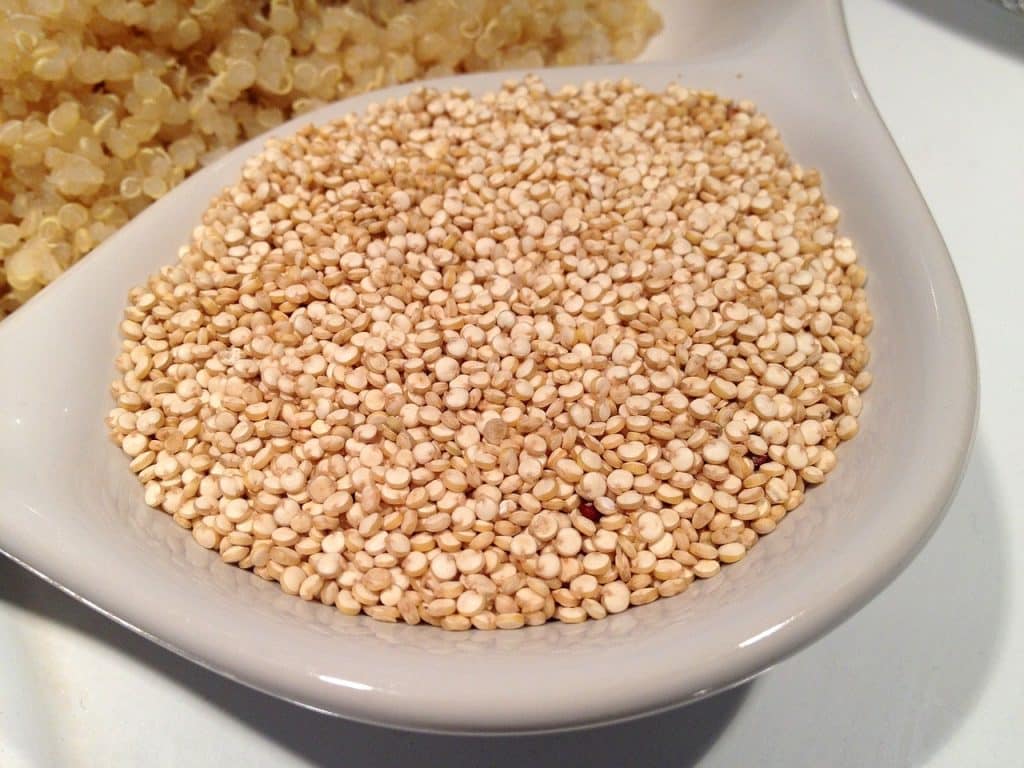
How To Safely Give Quinoas To Dogs?
Here are some guidelines for adequately feeding quinoa to dogs:
Cook thoroughly: Because dogs cannot stomach raw quinoa, it is critical to always cook it well before feeding it to your dog. Raw quinoa can be challenging to digest in dogs and might cause stomach distress.
Plain preparation: Avoid adding spices, condiments, or other items that may be hazardous to dogs, such as onions, garlic, or excessive salt, while making quinoa for your dog. Keep it basic and free of any potential allergic or poisonous substances.
Portion management: Quinoa should be provided in moderation and as part of a balanced diet for dogs. Too much quinoa in your dog’s food can cause gastric distress or an imbalance. Follow your veterinarian’s quinoa portion size recommendations according to your dog’s size, age, and overall health.
If your dog is unfamiliar with quinoa or any other new food, introduce it gradually into their diet. Begin with a small dose and watch for signs of stomach discomfort, such as diarrhoea or vomiting. You can progressively raise the dosage if your dog tolerates it well.
Check for allergies: Like any new meal, quinoa may produce allergic reactions in some dogs. Look out for allergy symptoms such as itching, redness, or gastrointestinal trouble, and stop feeding quinoa if any of these occur. For more information, speak with your veterinarian.
Speak with your veterinarian: Always contact your veterinarian before introducing quinoa or any other new food to your dog’s diet. They may make precise recommendations based on your dog’s specific requirements and guarantee that quinoa is safe and appropriate for your dog’s diet.
Properly store: Refrigerate cooked quinoa in a clean, airtight container for up to a few days. If cooked quinoa is left at room temperature for an extended period, it will deteriorate and become dangerous to consume.
While quinoa may benefit dogs, it should not be used instead of nutritionally balanced commercial dog food or a veterinarian-recommended homemade diet. It should constantly be fed sparingly and in collaboration with your veterinarian to verify that it is appropriate for your dog’s specific needs and health condition.
Will Quinoas Make A Dog Sick?
Quinoa is typically considered safe for dogs to eat when properly prepared and served. However, like with any food, there are risks involved with feeding quinoa to dogs, especially if it needs to be adequately prepared or presented. Raw or undercooked quinoa can be difficult for dogs to digest, causing stomach discomfort, flatulence, or diarrhoea. To guarantee that quinoa is safe and easily digestible, it should always be wholly cooked before feeding it to your dog.
Quinoa should be served to dogs straight, with no flavours or anything that could be hazardous to them. Some seasonings, such as onions, garlic, or too much salt, can poison dogs and cause gastrointestinal discomfort or other undesirable responses. Although quinoa is a hypoallergenic grain, meaning it is less likely to cause allergies than other allergenic grains, some dogs may still be allergic to it. Quinoa allergies in dogs can manifest as itching, redness, gastrointestinal discomfort, or other allergic reactions. Overfeeding quinoa to dogs might cause gastric distress or an imbalance in their diet. Quinoa should be fed in moderation to dogs, with portions appropriate for their size, age, and overall health.
Like any other food, quinoa can become contaminated with hazardous germs such as salmonella or E. coli during production, processing, or storage. To avoid contamination and ensure that you are using a recognized and healthy source of quinoa, handling and storing it appropriately is critical. Dogs with certain medical conditions may not tolerate quinoa well, including kidney illness or gastrointestinal disorders. Before introducing quinoa or any new meal to your dog, examine its health status and consult your veterinarian.
To reduce the possibility of quinoa making your dog sick, always prepare and offer quinoa safely and adequately. Cook it well, avoid adding potentially dangerous components, feed it in moderation, and watch for signs of stomach trouble or allergies in your dog. If you have any concerns or queries, you should seek advice from your veterinarian.

Vet’s Summary
Quinoa can be safe for dogs to consume when prepared and served correctly. Still, there are dangers related to incorrect preparation, extra flavours or ingredients, allergies, overfeeding, contamination, and the health state of the individual dog. It’s critical to handle and store quinoa correctly, cook it thoroughly, avoid adding dangerous ingredients, serve it in moderation, and watch for signs of digestive discomfort or allergies in your dog. Quinoa is not directly related to dog probiotics. Quinoa is a grain that, when prepared and given correctly, can be a nutritious supplement to a dog’s diet but does not contain probiotics on its own.
Probiotics are live microorganisms, such as beneficial bacteria or yeasts, that can enhance dogs’ health by encouraging a healthy balance of intestinal bacteria. Probiotics are often available as supplements or specialized dog diets specially developed to contain helpful bacteria. Quinoa does not contain probiotics but can be incorporated into a balanced and nutritious dog diet. Quinoa has fibre, which aids digestion, and it is high in protein, vitamins, and minerals. A nutritious and well-balanced diet can help with overall gut health, promoting the effectiveness of probiotics if given to your dog as a supplement.
Videos To Watch
Here are a few videos that will help you understand whether you can feed quinoas to your dogs or not:


